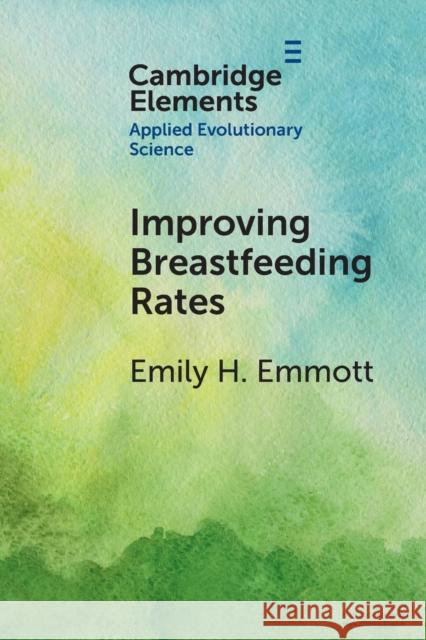Improving Breastfeeding Rates: Evolutionary Anthropological Insights for Public Health » książka
Improving Breastfeeding Rates: Evolutionary Anthropological Insights for Public Health
ISBN-13: 9781009217484 / Angielski
Breastfeeding is championed as an effective way to improve global health, associated with improved health outcomes for children and mothers. Various public health strategies to promote breastfeeding have been developed and implemented for over four decades, yet progress has stagnated, and exclusive breastfeeding rates remain low globally. From an evolutionary anthropological perspective, low breastfeeding rates seem like an 'evolutionary puzzle'; breastfeeding is a behaviour which confers survival and fitness advantage to children and mothers, yet so many mothers do not breastfeed exclusively or at all. Is this a globally maladaptive behaviour? Framing breastfeeding as a maternal investment behaviour, an evolutionary perspective directs us to consider the fitness costs of breastfeeding, together with the role of social learning and cultural norms. Indeed, an evolutionary anthropological perspective provides insights to why some breastfeeding-promotion strategies may have been ineffective, while pointing to potentially promising policies and practices which have been overlooked











